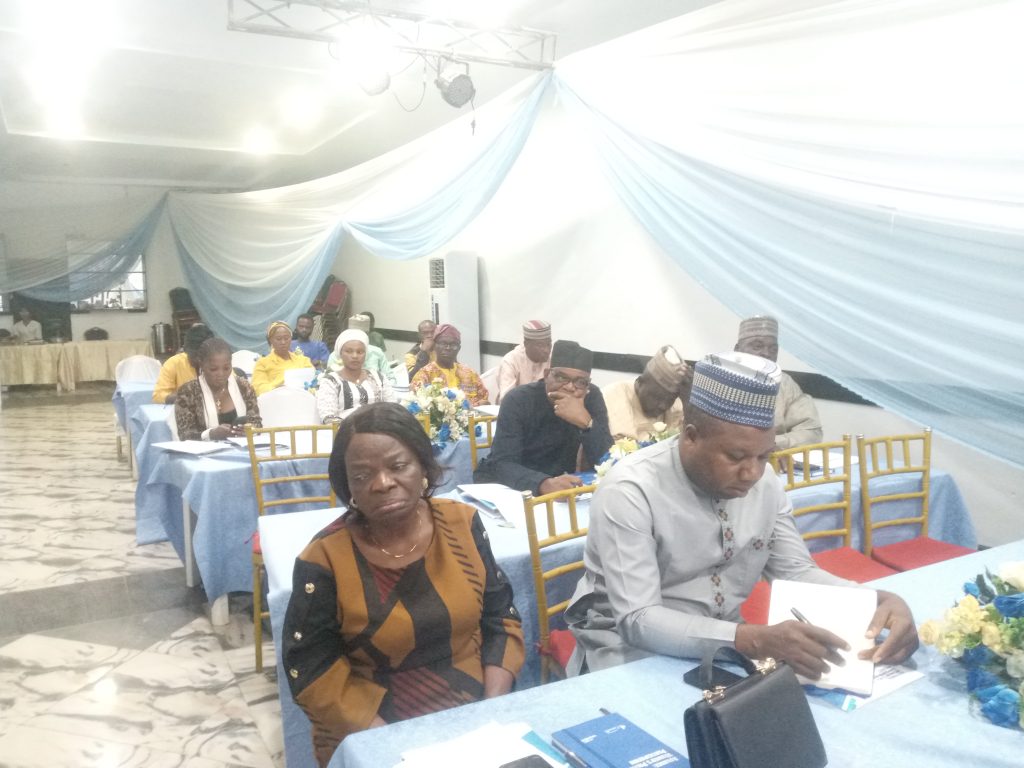In a bold move to advance women’s representation in Nigerian politics, the United Nations Women (UN Women), in collaboration with the Inter-Party Advisory Council (IPAC), hosted a one-day zonal seminar for political party leaders in Ilorin, Kwara State.
Themed “Promoting Women’s Political Participation in Nigeria through the HeForShe Advocacy Platform,” the seminar sought to galvanize support for gender inclusivity and inspire decisive actions to empower women in political and decision-making processes.
The event brought together zonal political stakeholders, including men leaders of political parties, INEC officials, and civil society representatives.
Central to the discussions were presentations by Desmond Osalobo Osemhenjie, Programme Specialist at UN Women, who provided a comprehensive overview of the HeForShe campaign and the newly adopted Charter of Demands by Nigerian Women for Political Parties
The Charter, described as a roadmap for addressing women’s underrepresentation in politics, outlined three core demands: Demonstrating Political Will and Commitment to Gender Equality and Women’s Empowerment, Improving Women’s Participation in Politics and Decision-Making and Demonstrating Principled Transformational Leadership.
Osemhenjie emphasized that these demands are grounded in global and regional frameworks, such as the Convention on the Elimination of All Forms of Discrimination Against Women (CEDAW), the AU Agenda 2063, and Nigeria’s National Gender Policy (2006).
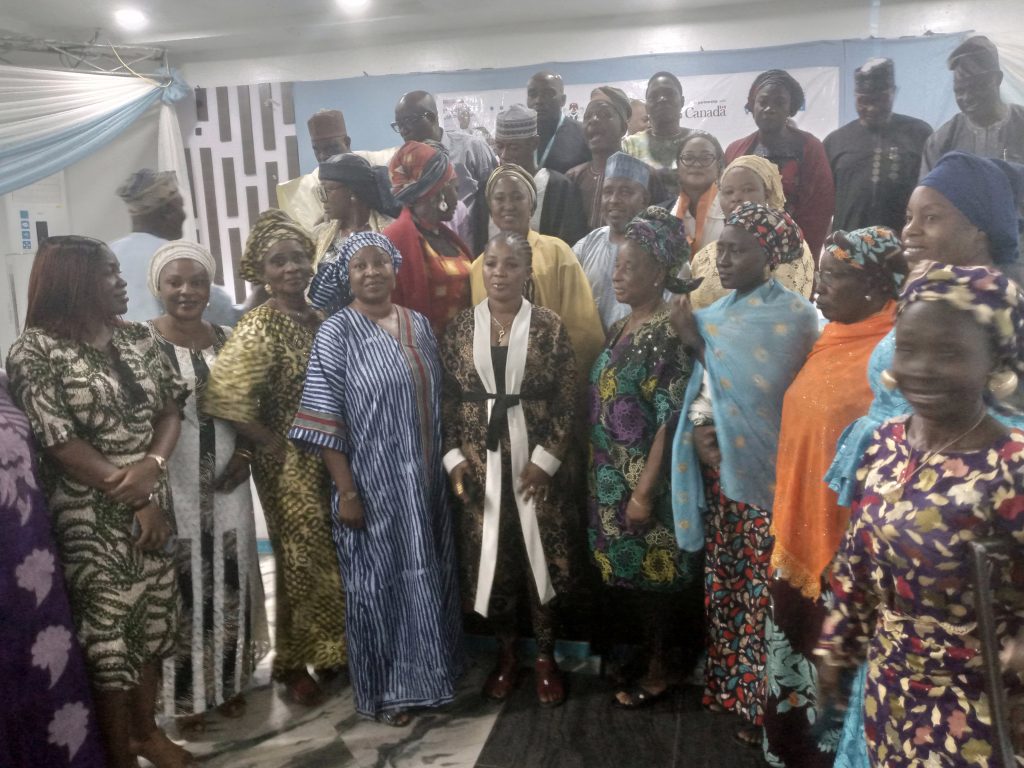
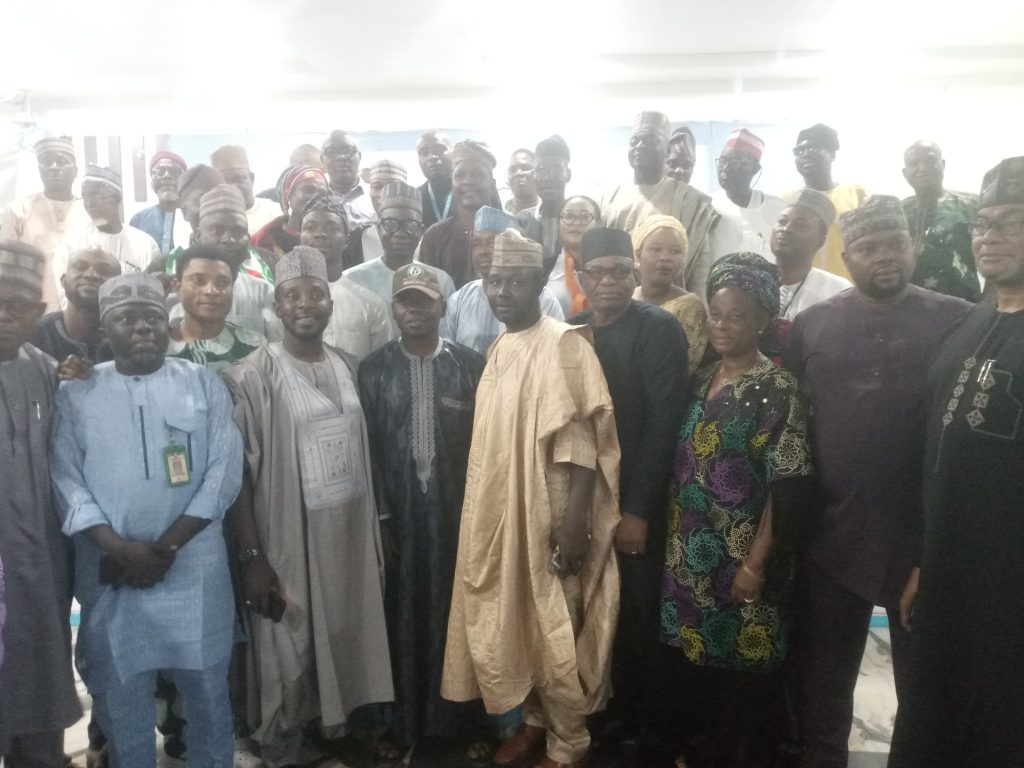
The Charter calls for legal reforms, quotas, proportional representation, and party-based initiatives to ensure gender equity at all levels of governance.
“For too long, women in Nigeria have faced systemic barriers to political inclusion,” Osemhenjie remarked. “The Charter serves as a tool for advocacy and mobilization, demanding accountability from political parties to prioritize gender equality.”
Delivering his address, the Resident Electoral Commissioner for Kwara State, Mohammed Abubakar Sadiq, commended UN Women and IPAC for their efforts in driving the agenda of gender parity.
Sadiq highlighted INEC’s strides in promoting women’s participation, including the establishment of gender-focused units at both the national and state levels.
Despite constituting nearly 50% of the population, women occupy only 3.9% of parliamentary seats in Nigeria, according to the UN Women Data Hub. This seminar represents a crucial step in addressing these disparities and building a more inclusive political system,” Sadiq noted.
He further called for the effective implementation of the Charter, urging political parties to adopt gender-responsive policies and ensure that no gender constitutes more than 60% of party structures or candidates in elections.
The IPAC Chairman for Kwara State, Prince Oyedeji Oyekunle, rallied political stakeholders to give women the opportunity to lead and participate fully in politics.
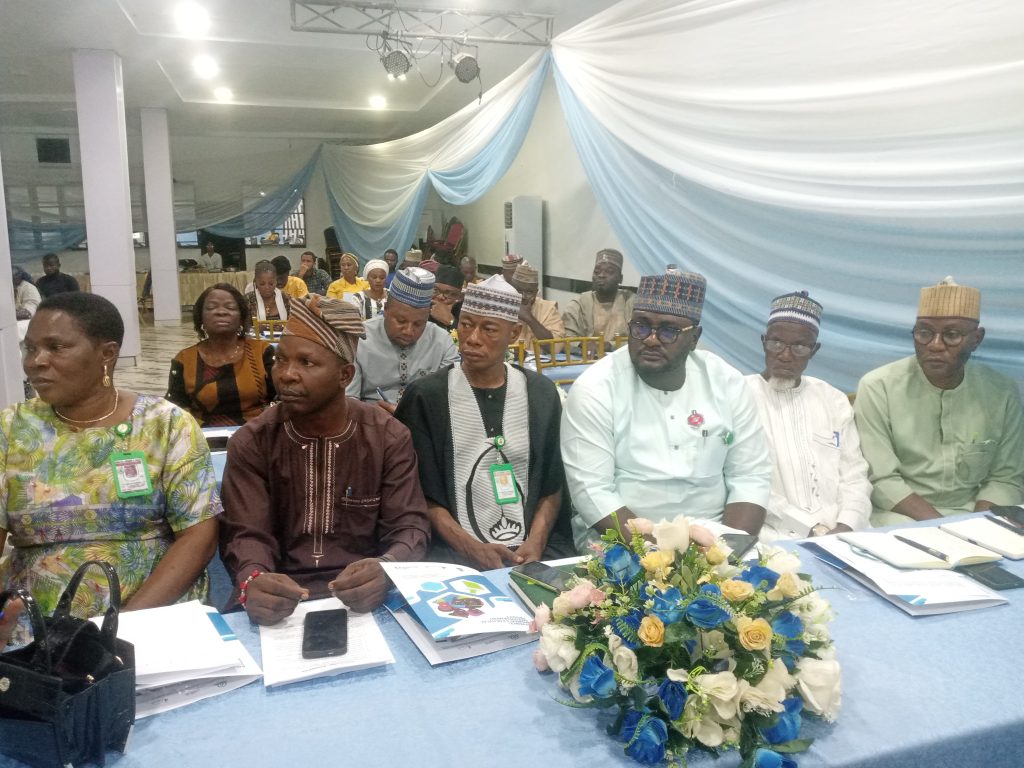
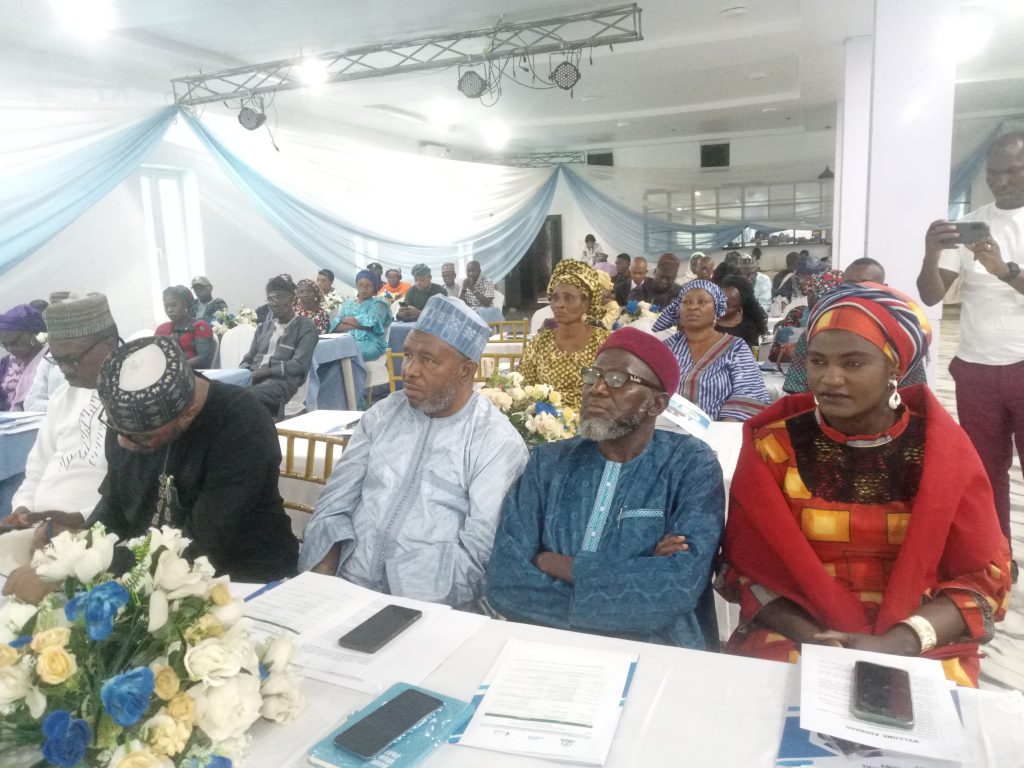
“Women must be encouraged and supported to contest various political offices in the 2027 general elections.
“As political leaders, it is our responsibility to create an enabling environment for women to thrive in politics,” Oyekunle said.
The seminar’s interactive sessions culminated in several critical resolutions, which includes: Institutionalizing Gender Policies, Dedicated Resources for Women’s Inclusion, Strengthening the Role of Women Leaders and Parties agreed to incorporate gender equity provisions in their constitutions and manifestos, while also collaborating with civil society organizations for mentorship and capacity building.
A significant highlight of the seminar was the symbolic signing of the HeForShe commitment by male leaders, affirming their dedication to championing gender equality within their parties and beyond.
Participants at the seminar stressed the importance of sustained advocacy and collaboration to ensure that the resolutions from the meeting translate into actionable outcomes. They called for data-driven decision-making, emphasizing the need for accurate data to track progress and identify gaps in gender inclusivity.
As Nigeria moves closer to the 2027 general elections, the seminar set the tone for a more inclusive political landscape. Stakeholders pledged to dismantle structural barriers to women’s participation, promoting a vision of equity, fairness, and justice in the country’s political processes.
The seminar concluded with a shared commitment to ensuring that the Charter of Demands becomes a living document, shaping the future of Nigerian politics to reflect the voices and aspirations of women across the nation.
